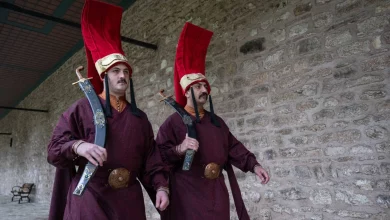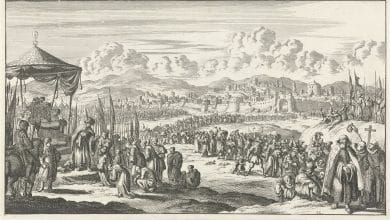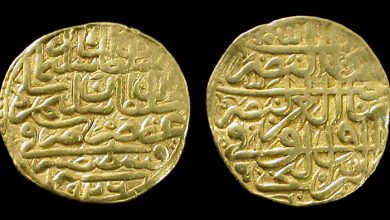Historical Mamluk-style Ottoman Tomb Demolished in Cairo for Parking Lot Construction
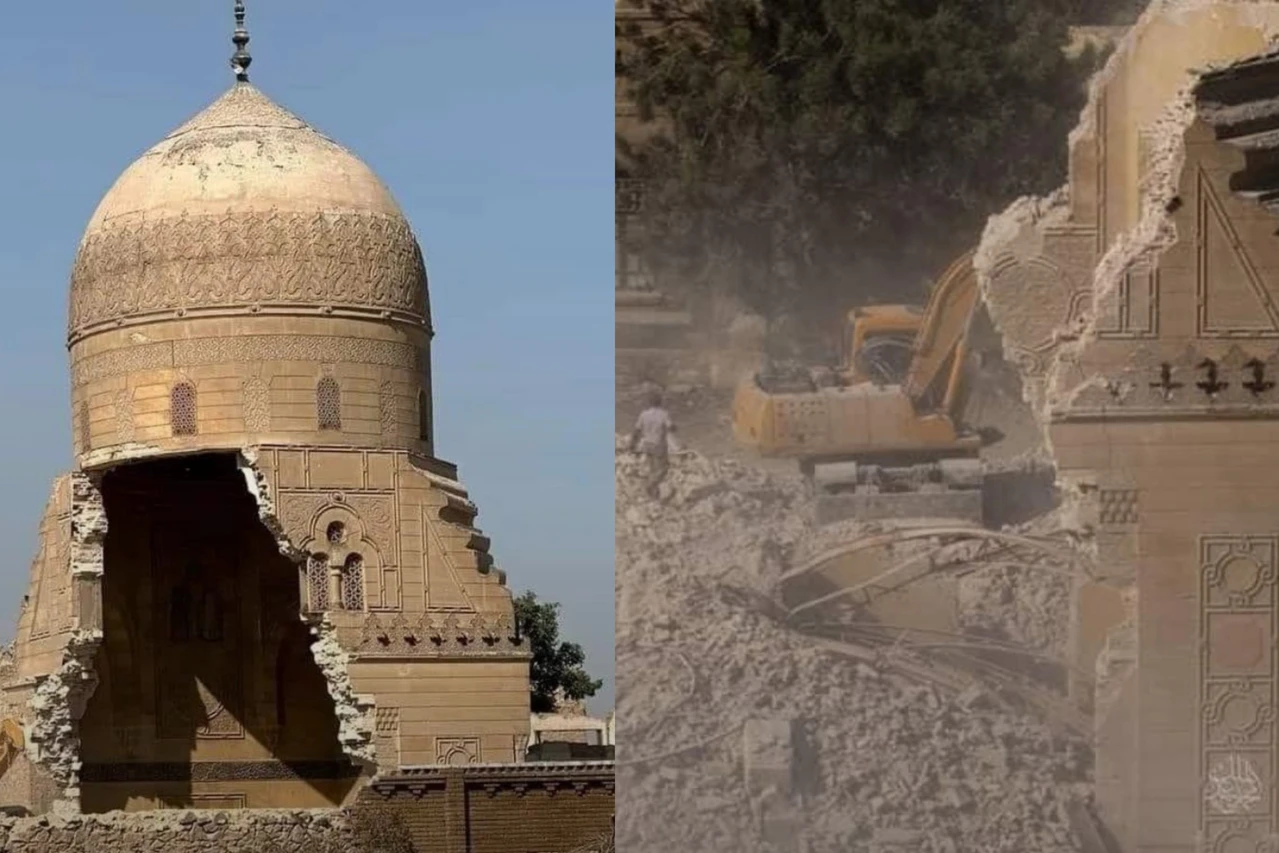
The historical Mamluk-style Ottoman tomb in Cairo
The historical Mamluk-style Ottoman tomb in Cairo, commissioned by Abdulhalim Pasha, the son of Kavalali Mehmet Ali Pasha, has been demolished by the Egyptian government to make way for a parking lot. This tomb, built for Abdulhalim’s mother, Nam Shah Kadin, represents an important Ottoman legacy that has now been erased.
The Cairo administration claims the structure was not a historical monument, a justification that has sparked public outrage. This incident follows previous demolitions of historical graves for infrastructure projects, highlighting the ongoing erasure of Ottoman heritage in Egypt.
The tomb was constructed for Abdulhalim’s mother, Nam Shah Kadin.
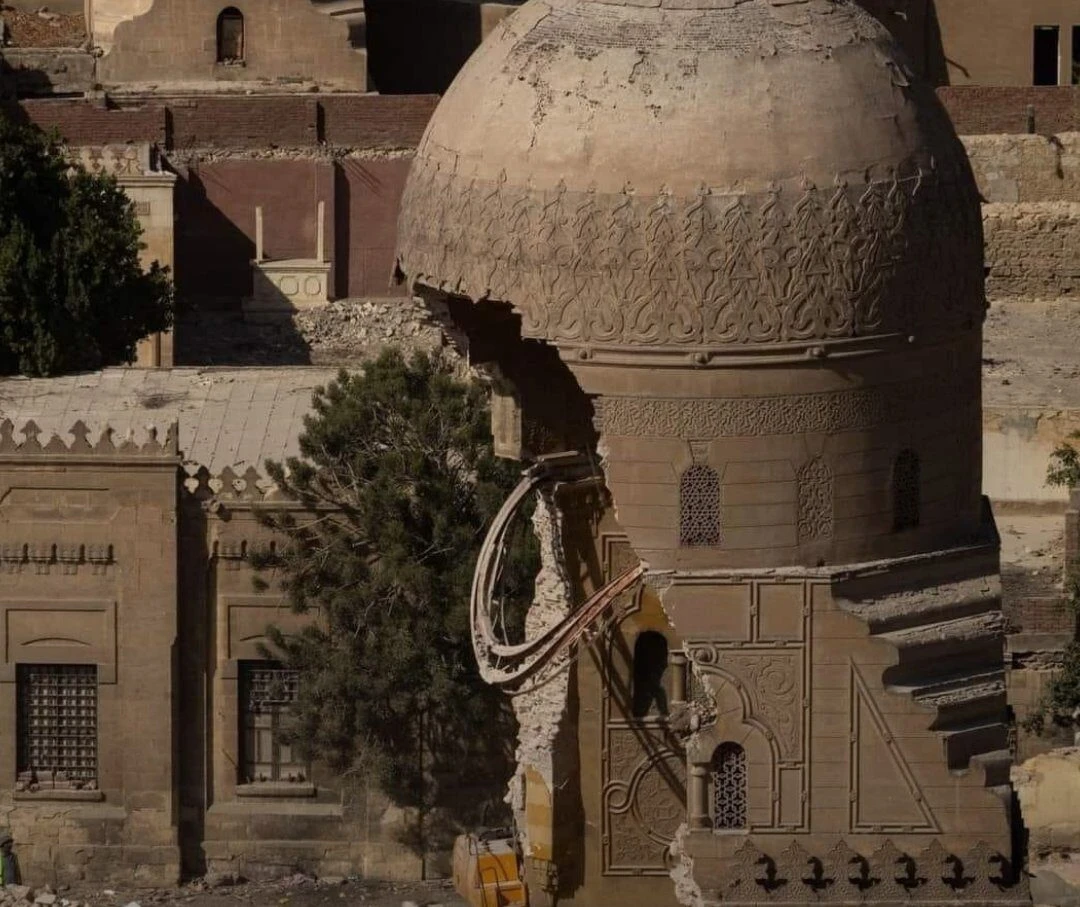
Cairo government erases Ottoman legacy
The Cairo administration has justified the destruction of this Ottoman heritage site by declaring it was not a historic monument.
This decision has caused a public outcry, particularly as the government had previously destroyed historical graves for highway construction.
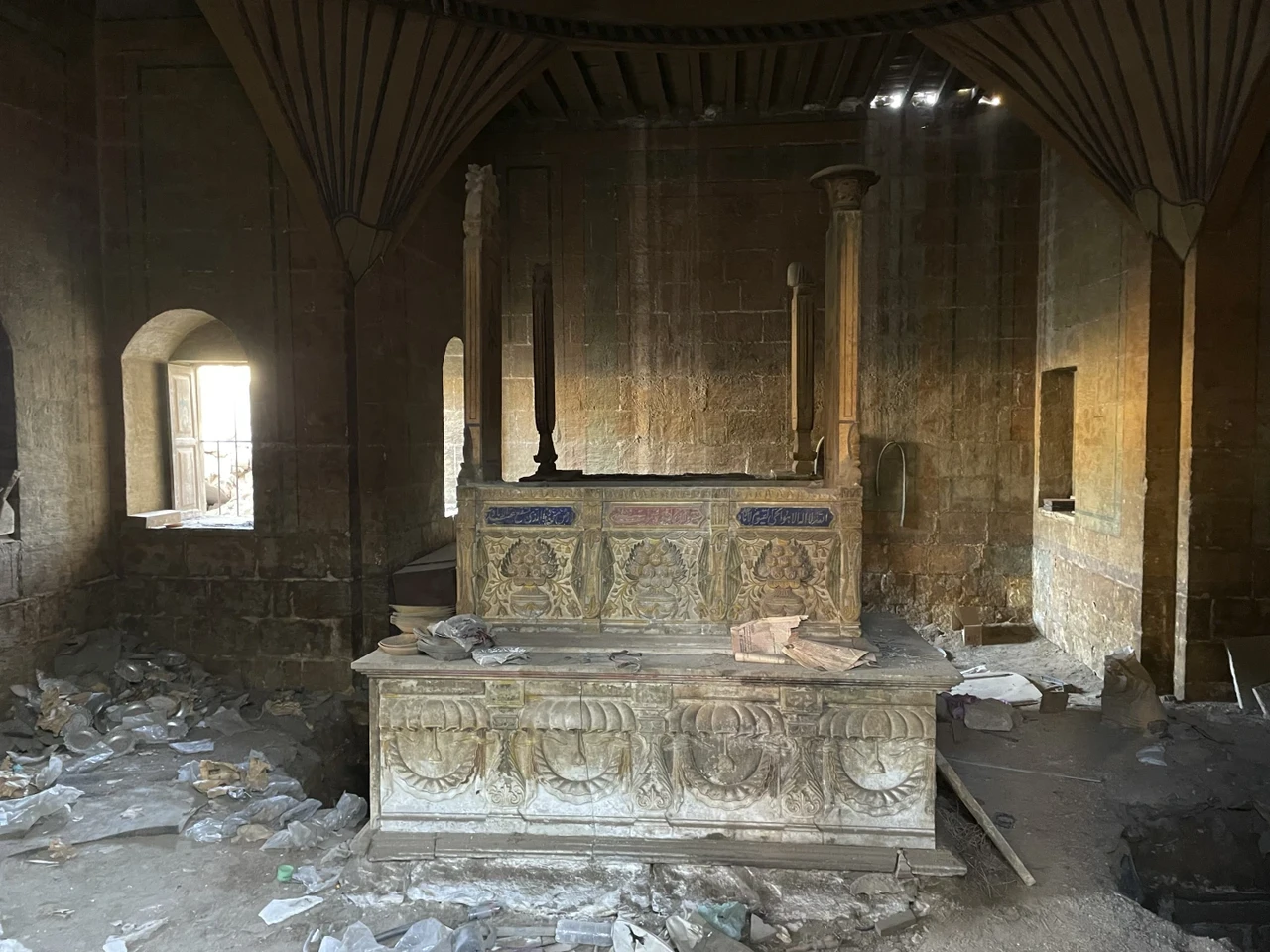
Ongoing demolition of Egypt’s rich heritage
While reshaping the city, the Egyptian government has faced criticism for the destruction of historical cemeteries in Cairo due to new highway constructions in 2023.
Plans are underway to create a multi-lane highway network along the City of the Dead, a vast cemetery in continuous use for over a millennium, which has already resulted in the destruction of hundreds of graves and mausoleums.
Plans are underway to build a multi-lane highway network through the City of the Dead, a historic cemetery in continuous use for over a thousand years. This development has already led to the destruction of hundreds of graves and mausoleums.
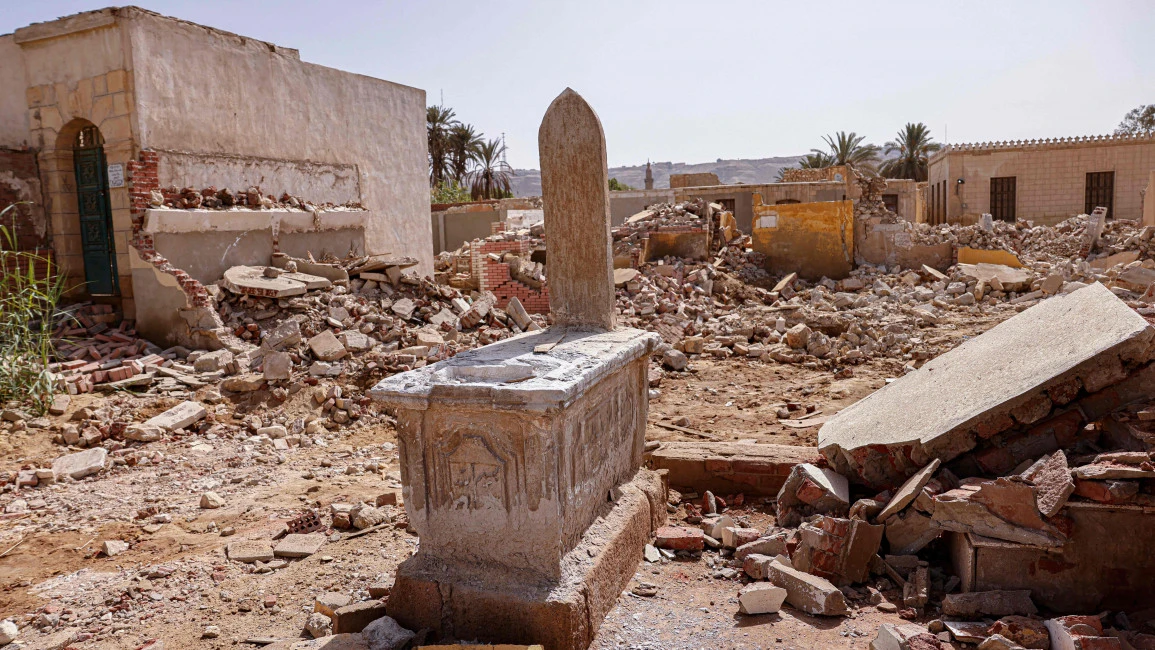
Protest against erasure of Egypt’s historical identity
Conservationists are alarmed, stating that the construction is erasing a unique segment of Egypt’s heritage. Where prominent Islamic figures, influential Egyptian politicians, artists, and many citizens are buried.
The ongoing demolition is part of President Abdel Fattah el-Sissi’s mega-construction campaign to reshape the city. Which has rapidly built vast highways and overpasses while demolishing several historic neighborhoods deemed informal settlements.
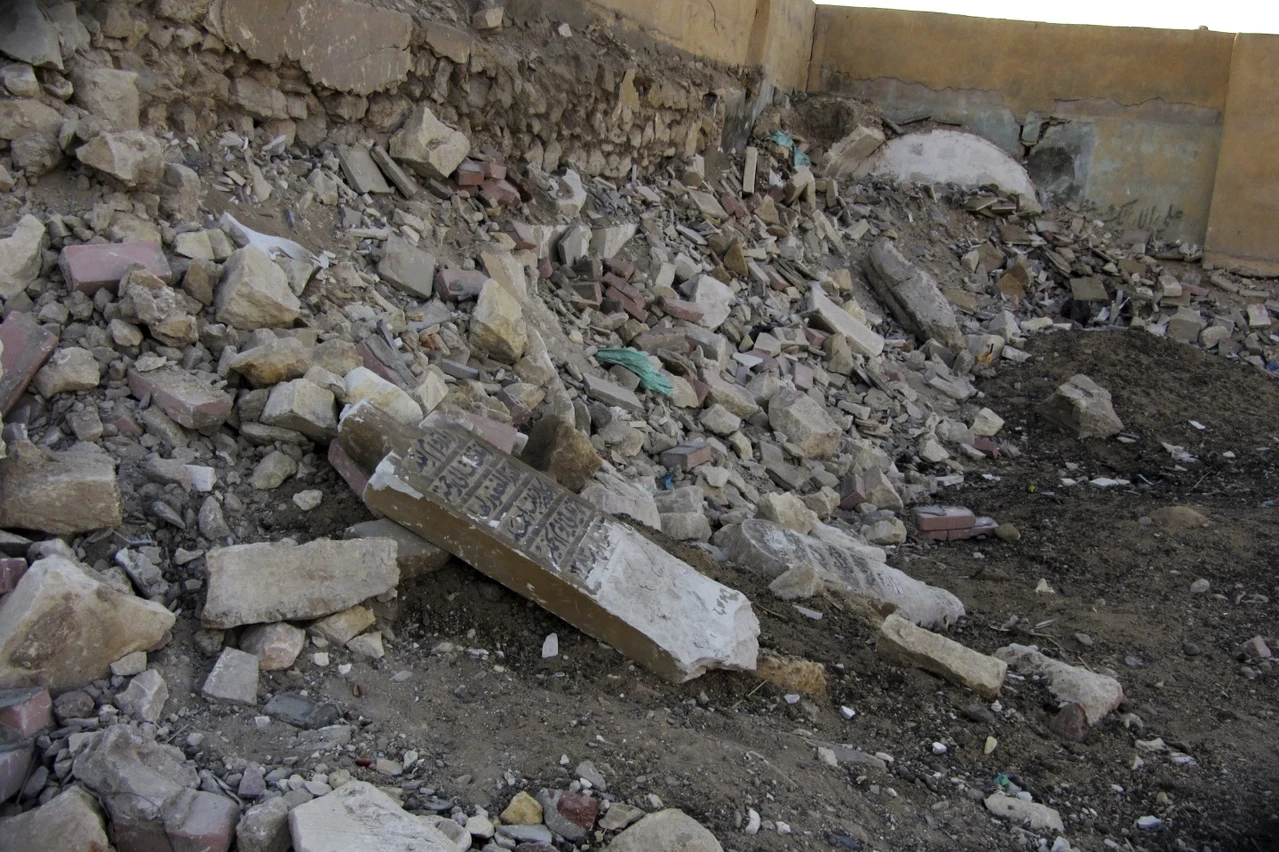
Mixed reactions: Infrastructure vs. heritage
While many support the roadwork aimed at alleviating congestion in the overcrowded city, complaints have arisen regarding the removal of green spaces and trees. The destruction of the cemetery has led to an unusual backlash in a country where dissent has long been suppressed.
Dozens of parties, activists, and civil society organizations signed a petition condemning the demolition in August.

